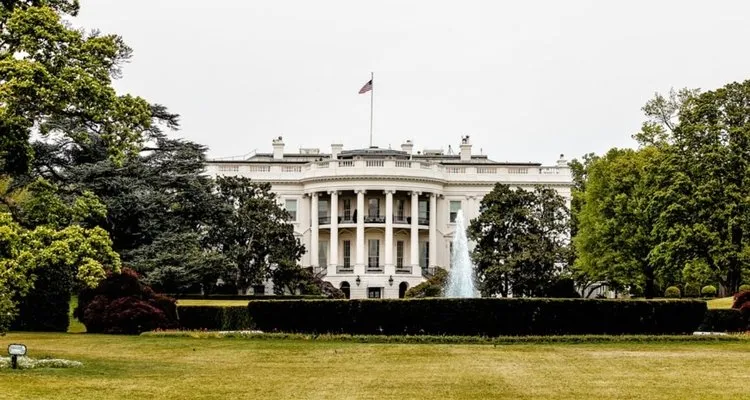Photo Credit: Rene DeAnda
As states and universities continue to ban TikTok – and after Congress approved the No TikTok on Government Devices Act as part of its almost $1.7 trillion omnibus spending bill – some members of the Biden administration are reportedly calling for a broader clampdown.
This latest development in the overarching push to curb the threat posed by ByteDance-owned TikTok, which has admitted that its employees improperly accessed user data, just recently came to light in a report from the Wall Street Journal. States including but not limited to Virginia, South Dakota, Maryland, and Georgia have in recent weeks prohibited the use of the video-sharing app on government devices and networks.
Meanwhile, Indiana has taken legal action against the platform for allegedly exposing children to harmful content, and a number of state attorneys general have demanded that Apple and Google raise their respective TikTok app-store ratings for related reasons.
Additionally, FCC commissioners and the FBI have expressed user-data concerns involving TikTok, which Jordan has gone ahead and banned altogether. Stateside, lawmakers have proposed a similar (albeit permanent) ban with the bipartisan ANTI-SOCIAL CCP Act.
Bearing in mind these pertinent background details, certain White House officials are reportedly pursuing a wider TikTok crackdown in the form of a “forced sale” to a U.S. buyer.
Per the mentioned outlet, which has once again cited anonymous sources with knowledge of the matter, the forced-sale proposal was floated during discussions held by the Committee on Foreign Investment.
The “interagency government panel” is said to have been negotiating with TikTok/ByteDance for more than two years in an effort to prevent the Chinese Communist Party from accessing TikTok user data and otherwise influencing societal trends via the platform, which remains extremely popular in the States and abroad.
And the most effective way to do so – short of prohibiting the app altogether – is the aforesaid forced sale, panel reps from the Pentagon and the Justice Department have reportedly maintained during formal talks. (The previous administration also pushed for the mandatory sale of TikTok’s U.S. operations, but the transaction didn’t materialize.)
“We’re talking about a government that, in our own intelligence community’s estimation, has a purpose to move global technology use and norms to privilege its own interests and its values, which are not consistent with our own,” Deputy AG Lisa Monaco reiterated in an interview, opting not to mention TikTok directly.
However, the Treasury Department, which chairs the previously noted government panel, has opposed a forced-sale order owing to purported worries that it would be overturned in court, according to a different anonymous source. Consequently, the Treasury Department is reportedly weighing “other possible solutions.”
Beyond the possibility of stateside legal hold-ups regarding TikTok’s potential sale, logic and evidence suggest that Beijing isn’t at all inclined to sign off on any such divestiture given the invaluable reach and influence that it enjoys through the app.
Moreover, some have argued that the federal government, in continuing to push for a divestiture as opposed to a full-scale ban, is inadvertently signaling to the CCP that it’s not truly serious about doing away with the platform.
Lastly, in terms of the impact that a TikTok ban would have on the music industry, where the app plays a far-reaching role, experts have suggested that artists and listeners could ultimately pivot to extremely similar competitors such as Triller, YouTube Shorts, and Instagram Reels.

